The news mega is why I had reactivated my hexbear account in the first place. The more active userbase means that you get near realtime information about various things.
The other parts of the site, is fine sometimes, but it becomes very clear you are surrounded by Amerikans. Even if they are self-conscious about it.
And another thing I never missed about Reddit or Twitter was the constant struggle sessions. Most of my political education comes offline now, and I intend to keep it that way.




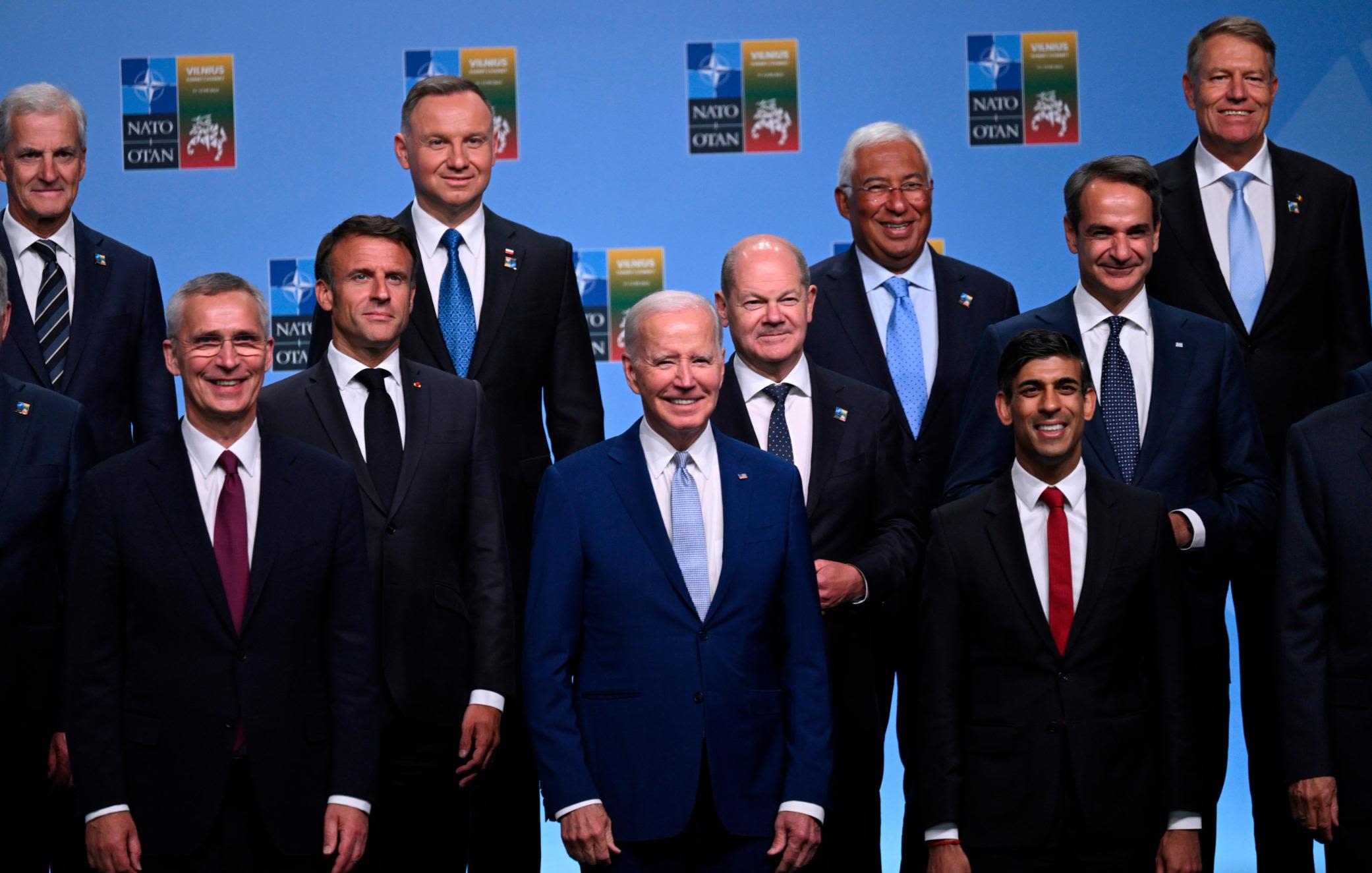

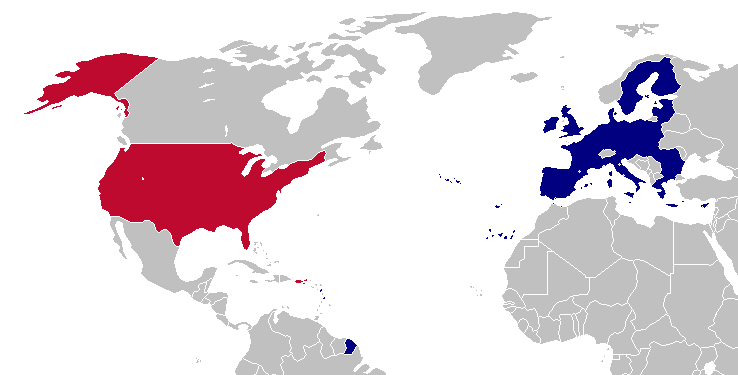

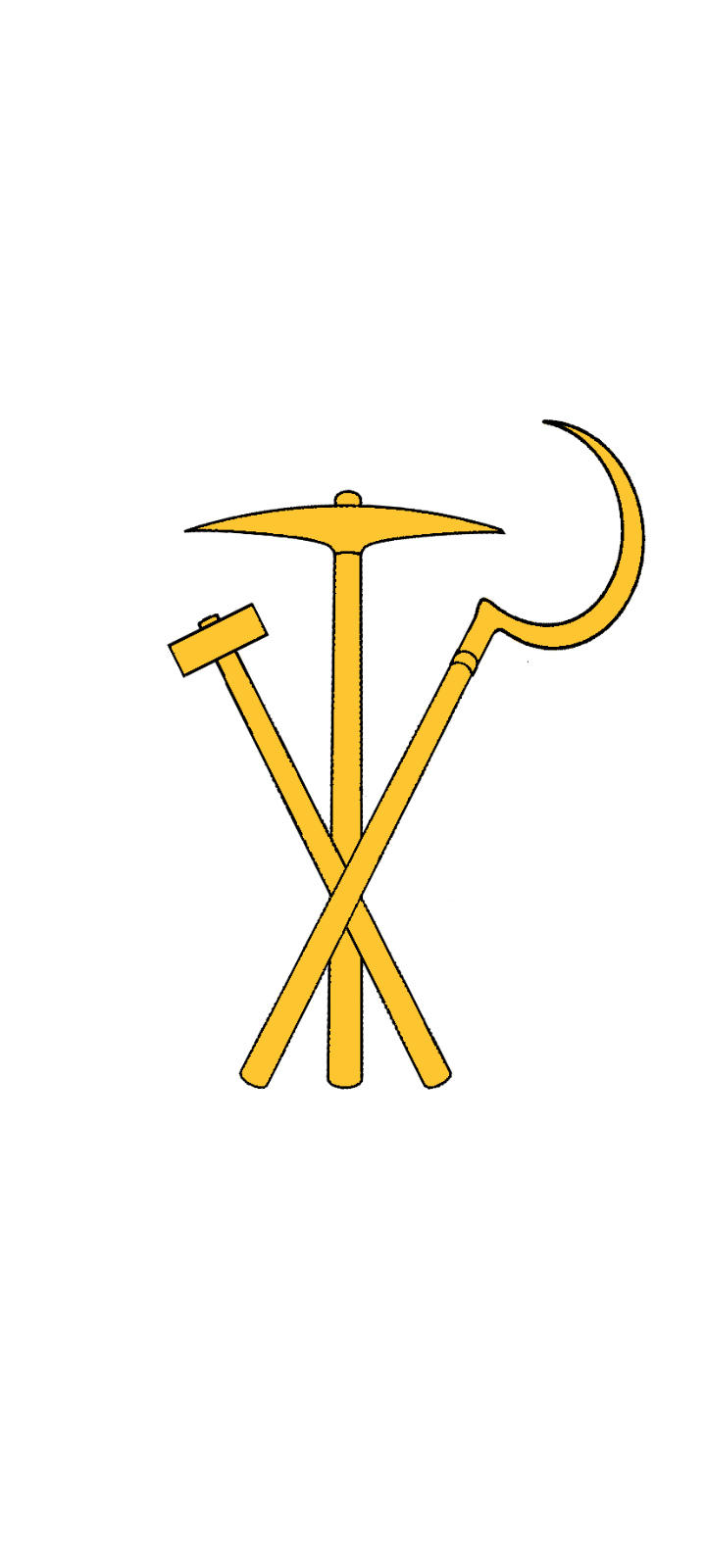
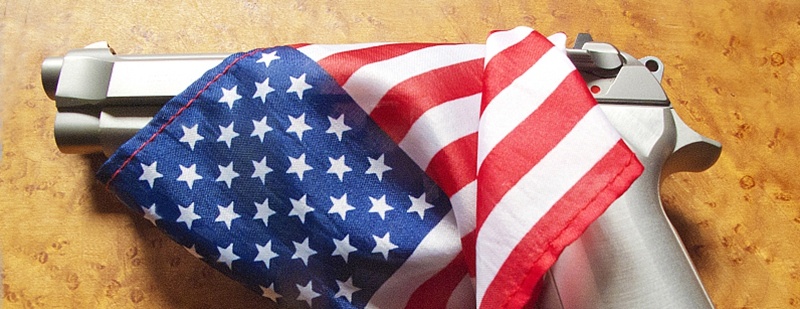
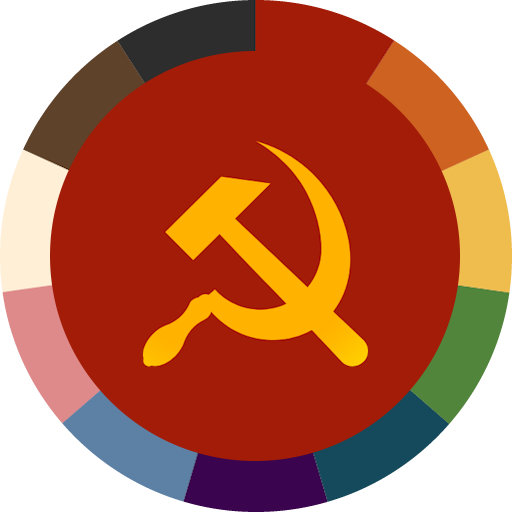
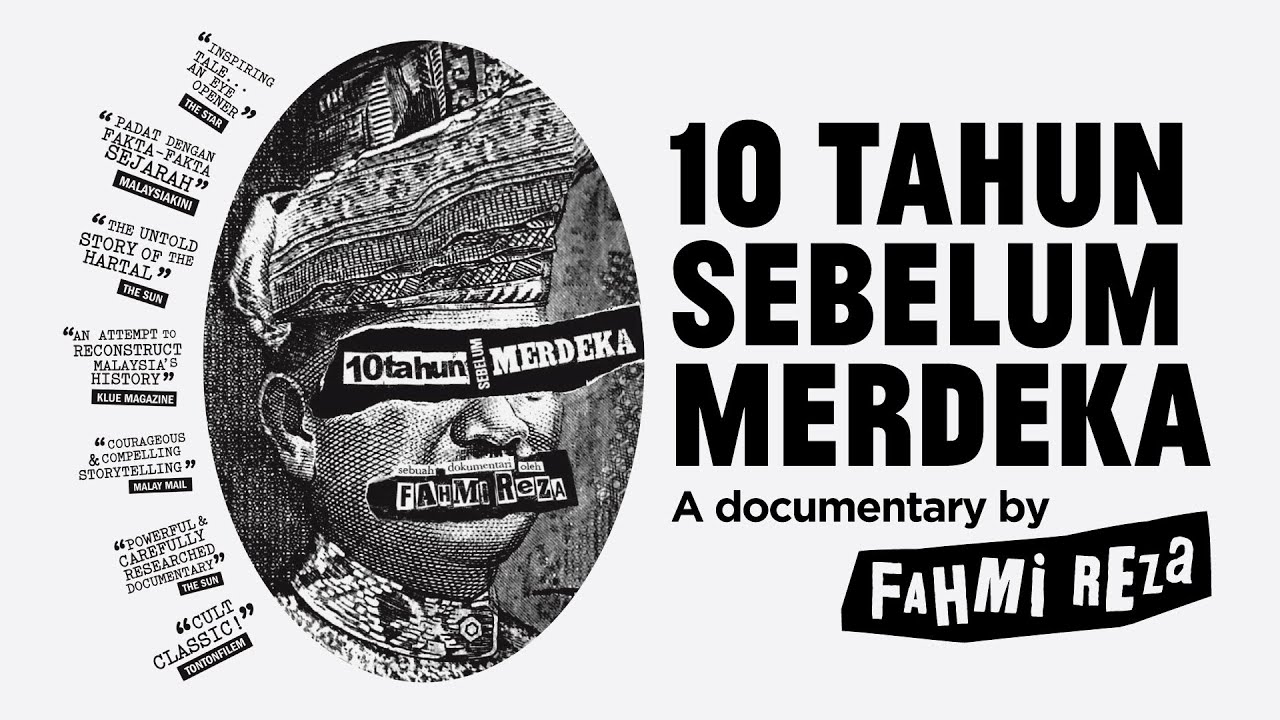
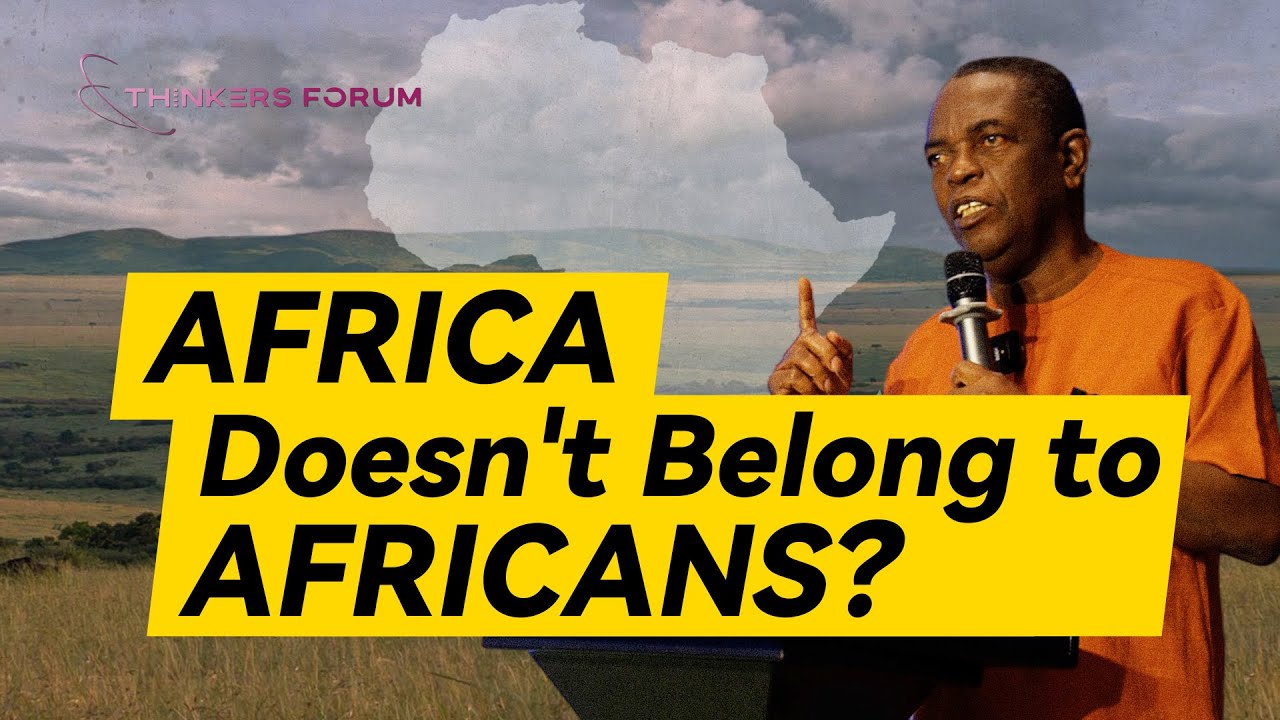

Folks,., I have written another long post about Singapore and Malaysia. Doing some final proof-reading, but I’ll post it tomorrow on GenZedong and the News Megathread as per usual.
To make it tangentially news related, here’s a headline:
Bernama - Vietnam, Malaysia Elevate Bilateral Relations To Comprehensive Strategic Partnership
This is Viet Nam’s first CSP in ASEAN. They have been promoting a lot countries lately, interesting out of all ASEAN, Malaysia’s came through first.